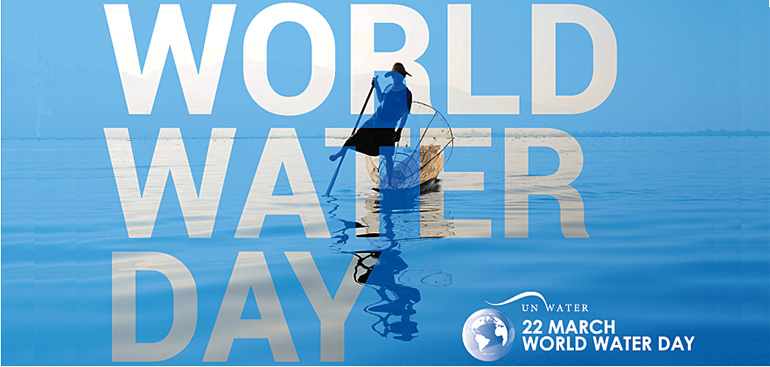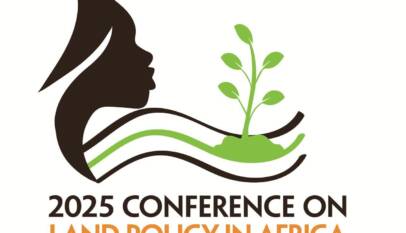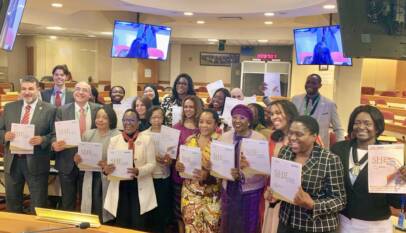World Water Day 2019: UNESCO reiterates commitment to universal access to clean water
The global community Friday observed the 2019 World Water Day under the theme: “Leaving No One Behind.” This year’s event convened by UN-Water and United Nations Educational, Scientific and Cultural Organization (UNESCO) focused on creating awareness about the challenge of access to clean water and sanitation among marginalized groups towards ensuring everyone in the world had access to safe water.

World Water Day, which is commemorated on the 22nd of March every year, underscores the need for people and governments all over the world to tackle water-related challenges: water scarcity, water pollution, poor sanitation as well as the impacts of climate change on water.
March 22 was adopted as World Water Day in a resolution of the United Nations General Assembly (UNGA) on 22nd of December 1992, in accordance with the recommendations of the United Nations Conference on Environment and Development (UNCED) and had since 1993 been observed across the globe.
“This World Water Day, UNESCO reaffirms its commitment to support governments in their efforts towards achieving universal access to water and sanitation for all, without discrimination. By prioritizing those most in need, we can build more resilient communities, more equal societies and a more peaceful, sustainable world,” says Audrey Azoulay, Director-General of UNESCO, on the occasion of World Water Day 2019.
According to a statement on the World Water Day website, an estimated 2.1 billion people live without safe water at home, globally; with 80 per cent of the people who have to use unsafe and unprotected water sources living in rural areas. Consequently, more than 700 children under five years of age die every day from diarrhea linked to unsafe water and poor sanitation.
Sustainable Development Goal 6: Clean Water and Sanitation is crystal clear – water for all by 2030. This means leaving no one behind. Sadly, today, billions of people are still struggling to survive and thrive due to lack of access to safe and sustainable water in their households, schools, workplaces, farms and factories.













